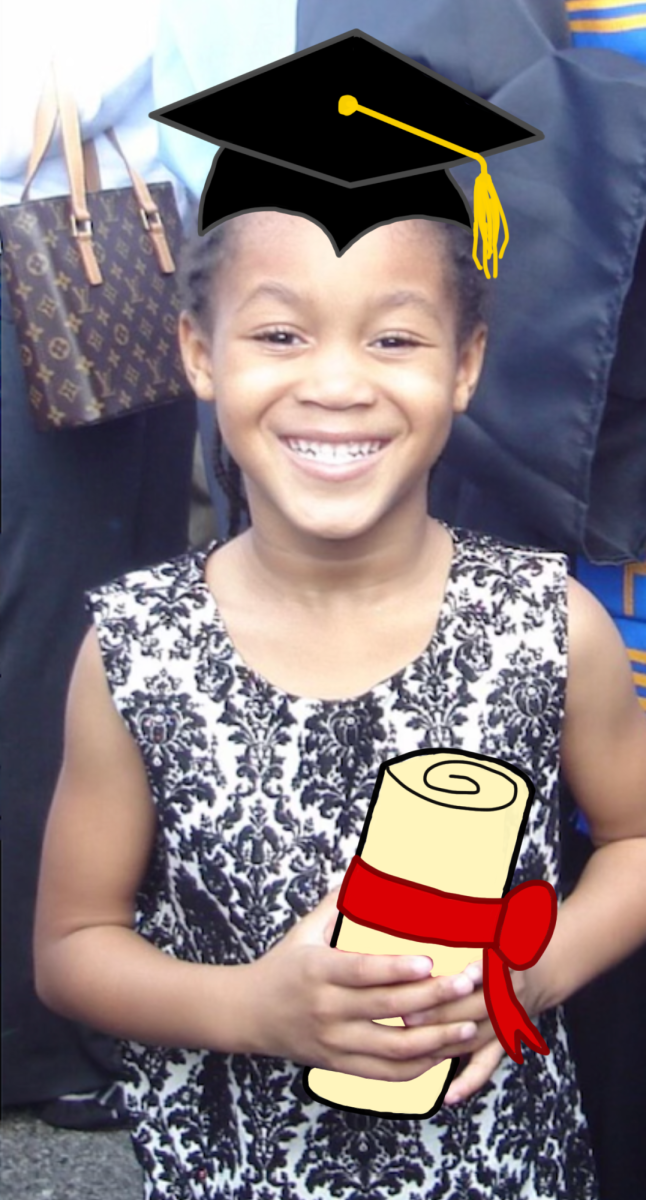Over dinner today one of my friends explained that, among her friends, she perceived two types of people—those who cannot stop asking questions, and those who are content with what they know. For members of the former group, the answers they find or fail to find cause dramatic reorientations of their reality and often lead them to existential free fall as they rip the floor out from under their own feet. The latter group explores these same questions, taking jumps into unsupported space, but at the end of the day—whether they come up with answers or not—life will go on and they will be fine. The first group she characterized as the “intellectuals” among her friends, a group in which she told me I was included.
The second group she didn’t name—I’m guessing by extension they’d be considered “non-intellectuals.” But I’ve already committed a major faux pas by referencing someone else’s description of myself as an intellectual, and labeling others as non-intellectuals would just be the icing on this douchebag cake. I know that “intellectual” and its prefix/suffix-modified variants are charged terms on this campus, but allow me some time to play within these structures before I break them down.
As a dubbed member of these so-called intellectuals, perhaps my experiences may help to elucidate what this label seems to entail. Under this style of intellect, the attainment of knowledge seems influenced and/or echoed by the canon at this school—we are a school of skeptics, taught to question everything we see or think we know. Socrates replies, “I know that I know nothing” in response to the question of who the wisest man in Greece is; many of the texts we read in our curriculum, whether they be Freud or Foucault, are concerned with reexamining existing social structures with the goal of removing their obstructions from the view of truth. I assume at least some readers will relate to my attempts to clear conceptual landscapes, deconstructing the towers of my thoughts and perceptions down to their foundations, and only then trying to painstakingly reconstruct arguments from the ground up.
And with good cause, too. There are many oppressive structures in place in our minds now that are in much need of deconstructing, and this type of critical and rigorous thought is important to the attainment of knowledge. If we start with a blank slate, then our proofs can be written out clearly from start to finish, and once finished they stand alone—structurally sound and absolute, forever.
So I detonate my hardest-hitting questions and sweep away the debris, running my hands along the smooth ground periodically to reassure myself of its purity. And then I begin to slowly lay the first floorboards of my ideas, carefully checking and double-checking the positioning of each one and its firm connections to the ground below. And over the course of a couple years I revisit my constructs, testing their soundness under my feet and, having been assured, now and then adding a couple more boards. And this is how you gain a reputation as an intellectual—you believe nothing that is wrong, and therefore only believe what is true.
During my first quarter here, I began to attend events hosted by Asian-American Intervarsity (AAIV), a Christian fellowship—largely because I was looking for companionship on a campus in which I felt I had no place. They welcomed me with open arms and so, although not Christian myself, I have spent a lot of time talking to Christians over the past couple years.
On a campus where we are taught to offer proofs for all that we claim, and where we quickly realize that much less than we originally thought really is provable, “intellectual” has been somewhat conflated with “skeptical.” And so it’s pretty easy to scoff at those who make claims as large as, say, “God is real” and “Jesus Christ died for our sins.”
But many of the most rigorous discussions I’ve had on campus have been with the Christians of AAIV. I have participated in their bible study groups, which have a vitality many of the discussion classes I’ve had up until now have lacked—probably because the beliefs being debated are so real to them (and everyone’s done the reading). Questions about the Bible and God’s will are completely real and literally and unapologetically the most important things in their lives. And, charged with the immense responsibility of carrying their beliefs, they not only go to great lengths to defend them, but also to check their veracity. I believe that some of the biggest intellectuals on campus can be found among these believers who take what they know and constantly, courageously, confront it.
But I have also met Christians who do not lay out rigorous proofs for their belief before me. They are quite content to state their belief accompanied only by a conviction that they have and accept as true. And I’ve had a harder time accepting their beliefs—which don’t have satisfactory answers to my lines of questioning, and which seem so much less challenged, tested, tortured than those of the other Christians I’ve met, as well as my own.
One day I will return to the structures of belief I’ve carefully constructed, and as I step onto one of those familiar boards, it will creak, a hidden assumption that has somehow evaded my notice all these years. Maybe I won’t hear it the first time, but a coincidental succession of events (perhaps a play, a conversation, and then an offhand comment from my mom—I don’t know, it doesn’t take much to set me off on an existential crisis) will make it audible to my ears. And as I kneel down to examine it the floor will break beneath my feet and suddenly I’m falling again, breaking through my meticulously placed boards and crashing through the ceilings of a city I never even realized existed below mine and, well, looks like my beautiful, personal proof of the existence of God needs some reconsidering.
So, despite my best efforts to dissemble my false preconceptions and remain devoted to the idea that it is better to believe nothing at all than something that is untrue, I’ve been unable to do both. It turns out that it’s impossible to be a blank, blameless slate—the fact of the matter is that there are things, resting on unseen assumptions, about which I will be, not ignorant or apathetic, but full-heartedly wrong.
“The only difference between you and me is, at the end of the day, I’m okay with the knowledge I have. You’re not.”
That’s my friend from the first paragraph again, who doesn’t characterize herself as one of the intellectuals she described to me. But at this point, it seems that her delineation has less to do with intellectuals versus non-intellectuals and more to do with a simple difference in anxiety levels. Because there’s really little difference between intellectuals and, not non-intellectuals, but different intellectuals, besides that the former group is simply blissfully unaware of the untested assumptions that lie beneath their beliefs—the ones they cannot yet prove—and the latter are aware of them but have accepted them as such. And seeing as we both undoubtedly have quite a few more floors and ceilings to break through before we come up with any pure and absolute truths, I’m starting to see that there’s nothing wrong with simply seeing and accepting that—and maybe taking a second to chill on top of this unseen skyscraper before I’m ready to start falling again.
Eleanor Hyun is a second-year in the College majoring in English.







